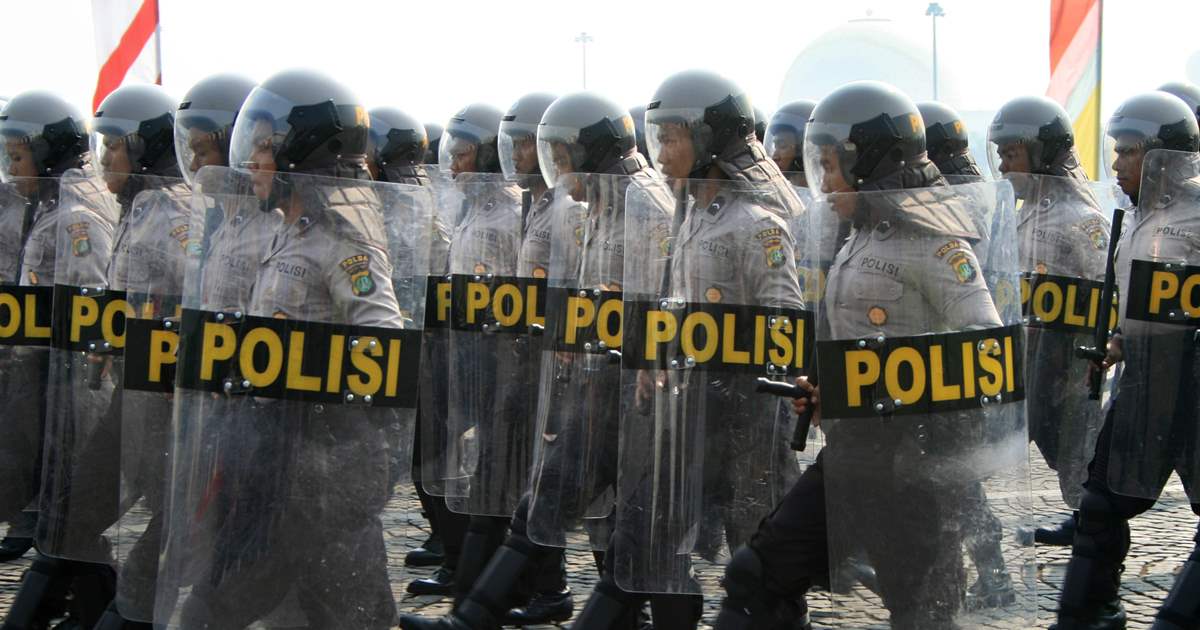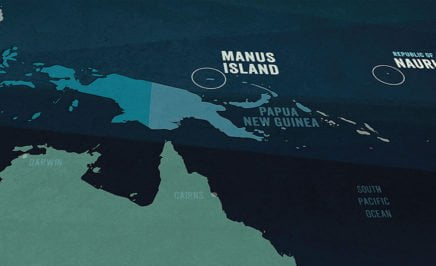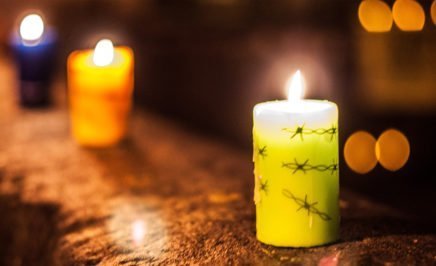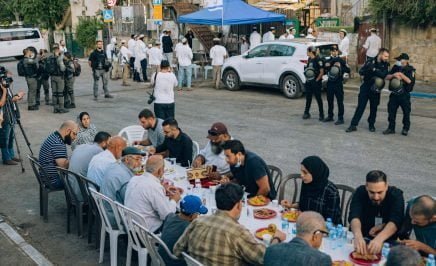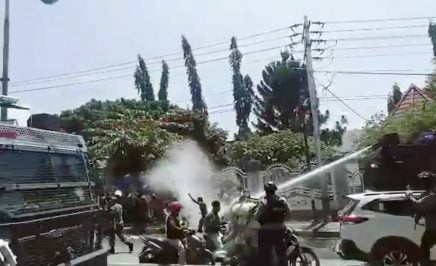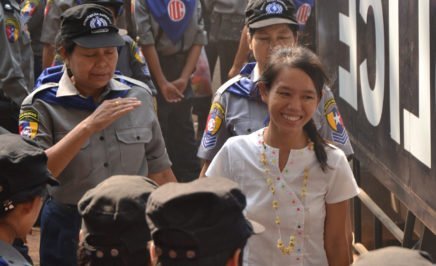Responding to yesterday’s clashes in Papua, that led to the deaths of dozens of people, Amnesty International Indonesia’s Executive Director Usman Hamid said:
“This is one of the bloodiest days in the past 20 years in Papua, claiming at least 24 lives within 24 hours.”
“This is one of the bloodiest days in the past 20 years in Papua, claiming at least 24 lives within 24 hours. Indonesian authorities must initiate a prompt, impartial, independent and effective investigation into the events. The investigators should publicize the results of their investigations. Those responsible for human rights violations involving criminal offences should be held accountable in fair trials, and the government must ensure that victims’ families receive adequate reparations.
“Police forces facing protesters must be trained and equipped to respond with non-lethal measures unless unavoidable when they face real danger themselves. The use of firearms can only be a last resort when other measures have failed. Any use of force that resulted in death must be independently and thoroughly investigated. Security forces must also allow families of those injured in the incident to visit their loved ones being treated at local hospitals in Papua.
“While restoring security and public order is crucial and urgent in Jayapura and Wamena, law enforcement – including the criminal investigation and prosecutions after the unrest – must be done in accordance to the applicable international human rights law standards. We have noted in our past reports how torture, other cruel, inhuman or degrading treatment or punishment, and ultimately unlawful killings by security forces in Papua often occurred under the pretext of enforcing law and order. In situations like this, especially in Papua, transparency is an essential part of preventing potential abuse of power”.
“The need for transparency is undermined by the decision of the government to throttle internet access in the region in response to the clashes in Wamena. The government’s decision to slow internet access will only impede investigations and information gathering by the media and other independent actors on what has really happened in the city amid conflicting reports on the events and the number of casualties. This is not a time for censorship. These tensions are not an excuse to prevent people from sharing information and peacefully speaking their mind.”
Background
On Monday morning, Indigenous Papuans students from different parts of Indonesia who just returned to Jayapura staged a sit in at Cendrawasih University in Abepura, Jayapura while calling upon the local university students to join their movement to engage in strike. Clashes broke between the students and the police, who prevented the students from staging the sit in. The students returned to their assembly point in Expo Waena, Jayapura, at 11am. They pelted stones at security forces, who later opened fire on the students. The shooting led to the death of three students, wounding 20 others. A soldier was also stabbed to death by protesters during the incident. A family member of one of the wounded was denied access to the police-owned Bhayangkara hospital in Jayapura. The police arrested 733 students in Jayapura during and after the clashes.
On the same day, in Wamena, a city 260 kilometers away from Jayapura, hundreds of high school students took to the street to protest against a teacher allegedly using racial slur at a local school. The police claimed that the reports about the teacher’s offensive remark were a hoax, but a clergy from a local Christian church confirmed that the racist incident had taken place on Saturday. Allegedly, the teacher had scolded an indigenous Papuan student who could not read a passage from a book properly, saying that he read like a “monkey”. The angry protesters on Monday burned down a government office and other buildings as well as disrupting a local airport.
The military confirmed that there were 16 fatalities and 65 others were injured during the clashes in Wamena, while the Papua People’s Assembly (MRP), a Papuan indigenous people’s representative body which forms part of the legislative branch for Papua and West Papua Province, stated that there at least 17 people were killed. The military also stated that the majority of the victims, 14, are non-indigenous Papuans who were trapped in burning buildings.
A clergy from a local Christian church in the city told Amnesty International Indonesia that the number could be higher and the Church’s latest data as of Monday night estimates that approximately 20 have been killed, some of them in violent clashes that occurred between the indigenous and non-indigenous Papuans during the unrest. On Tuesday, National Police chief General Tito Karnavian spoke to the media, saying the death toll reached 26 in Wamena.
Amnesty International is a global movement of 10 million people standing up for justice, freedom and equality. Together, our voices challenge injustice and are powerful enough to change the world. Learn more about what we do, our crisis response work, and our campaign to raise the humanitarian intake.
